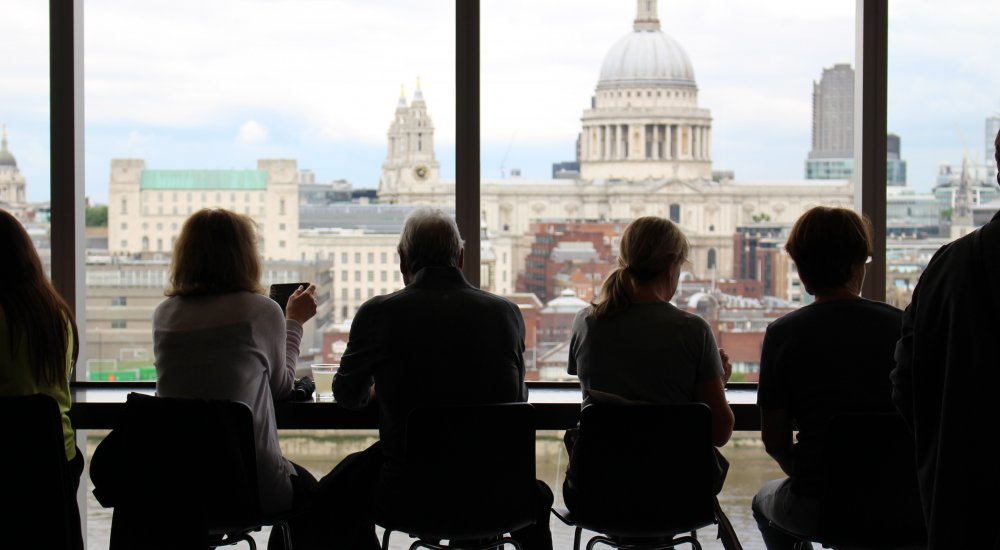HORIZON EUROPE┋Political participation in multilingual spaces
HORIZON-CL2-2024-DEMOCRACY-01-10

ExpectedOutcome:
Projects should contribute to all of the following expected outcomes:
- Development of a European public space for citizen deliberation through a better understanding of the tools and mechanisms that can overcome barriers to political participation in multilingual spaces.
- Better management of linguistic diversity in political participation, from the local to the European level.
- Effective use of automated language tools and multilingual means of communication, through analysis of these tools and their impact on democracy-fostering processes.
Scope:
The European Union is made up of a population with a multitude of languages (including sign languages) and dialects, which reflect a mosaic of cultures in constant interaction and evolution. Although this is not new, managing political participation in multilingual spaces is a challenge, particularly with a view to creating a European public space for citizen deliberation.
The Conference on the Future of Europe has shown that solutions exist to facilitate multilingual communication in a democratic context, including thanks to the use of automated translation tools. However, multi-lingual deliberations tend to crystallise on ensuring that opinions have been rightly conveyed through translation rather than on the outcomes of the discussions and the understanding of cultural codes and perceptions. In other words, how to ensure that multilingual deliberations focus on the content, rather than the form of what is said? How to allow deep and meaningful engagement among participants from diverse linguistic communities? Technological tools may help in virtual settings, but how can these technical innovations be brought into the non-virtual world, in order to address such a deep-rooted societal challenge?
In addition, multilingual spaces are almost always also multicultural. In other words, the translation process is never limited only to translation between language(s), but involves also intercultural translation. How would it be possible to ensure that notions of identity and belonging at the local, national and European level, be coupled with democratic, open and trusting societies? What role can inter-cultural dimensions of social capital and social dialogue play in strengthening democratic dialogue and on building democratic communities and citizenship (at the national and EU level)?
Proposals should consider outcomes from the Conference on the Future of Europe. They should explore how deliberations in multilingual settings can be best mediated, by design or through technological assistance. Special attention could be paid to linguistic minorities and people with communication impairments. Proposals under this call are encouraged to make use of participative methodologies and experimental methods. Proposals are encouraged to consider social innovation activities to stimulate social change, new social practices, social ownership or market uptake.
Clustering and cooperation with other selected projects under this topic and other relevant projects are strongly encouraged.
Proposals are encouraged to collaborate with the JRC Competence Centre on Participatory and Deliberative Democracy[1], particularly with respect to experimentation with the design of multilingual deliberative and other participatory processes in light of lessons learned from the implementation of the Conference on the Future of Europe.
[1]https://knowledge4policy.ec.europa.eu/participatory-democracy_en
